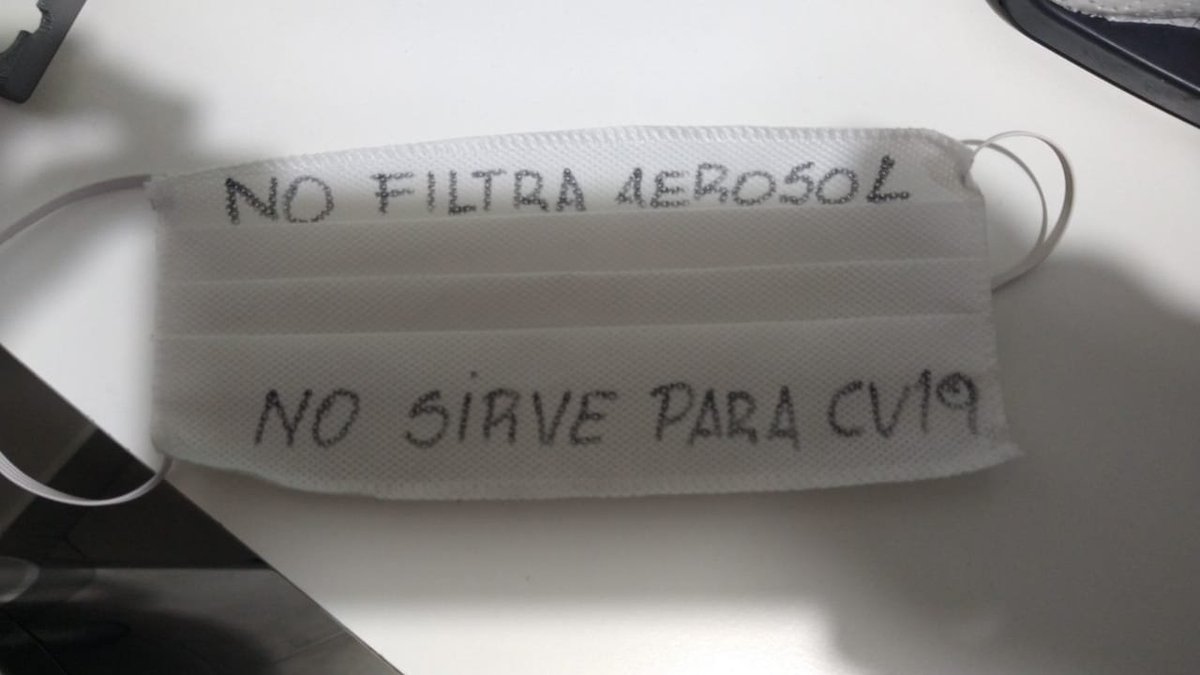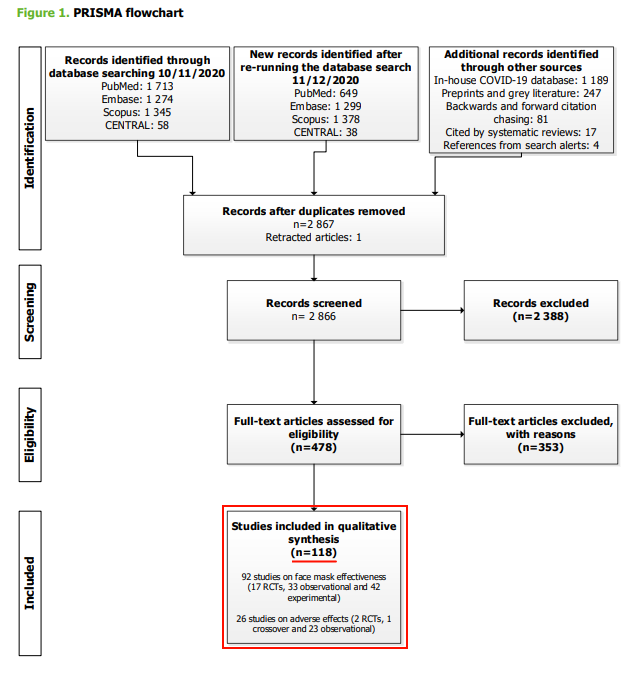
I live in a country that has mandated masks even in outdoors (where I don't use it, period). I vote with my wallet, BUT, for maximum civil disobedience this is my mask for when I have no choice (shops, kids school, etc). It reads: "Doesn't filter aerosols. Doesn't work for CV19" 

For maximum irony, this is a triple layer, high quality, medical grade mask (even though ear loop design is quite crappy IMHO), next step: N95 (but they are a pain to wear). So when anyone says something I tell: "Come on? Haven't you read the evidence?" and then I explain.
Then I point them to the hilarious European CDC study and explain the how 19 out of 20 are just bad evidence and the only one that its actually good, is compatible with higher infection rates. Details here:
https://twitter.com/federicolois/status/1366460755684577286
And people actually engage when they find someone that actually know something. So then I ask them, how if we did everything right Argentina (my country) is in the TOP 10 of deaths per million of people at risk. Something may not be working.
https://twitter.com/federicolois/status/1367929973923868674
So, If I have to use a masks at least I will do it in a way to at least forces people to ask themselves questions. I gave you the idea, I am pretty sure you can find a message you can own. Tag me on yours. And RT, if more people do it, probably it will start something.
• • •
Missing some Tweet in this thread? You can try to
force a refresh




